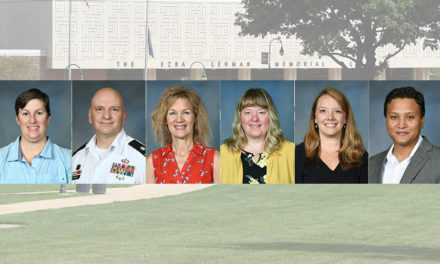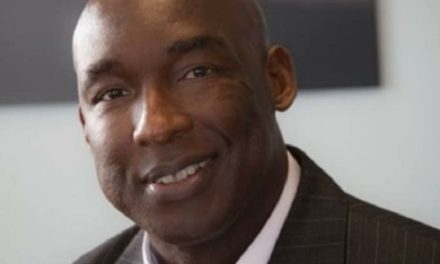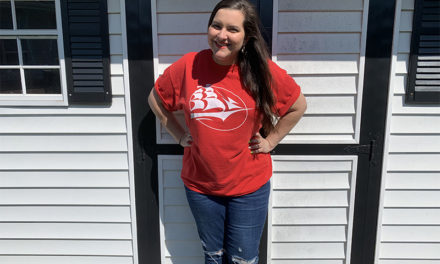Researchers are resilient. Although the celebration looks a little different for this year’s annual Minds@Work student research conference, students agree: it needs to happen.
Sophomore Seth Edwards is one of many students to present research virtually during Minds@Work from April 20-24. The dual political science and communication/journalism major will discuss “Water Tensions Across the World: Exploring the Middle Eastern Conflict for Water.”
“I, along with many other students, have spent hours of our time passionately researching our projects and prepping them to be presented among our peers, faculty, and community,” he said. “With the circumstances we have encountered due to the COVID-19 pandemic, presenting virtually allows us to still have the opportunity, despite the circumstances, to present our hard work.”
Edwards’ research sheds light on the current water crisis in the Middle East, how it will create conflicts between nations, and how this information can develop potential solutions.
Junior early childhood and special education major, Kayla Waterman, took the lead on an eight-member research project to showcase the work the team did on “Creating Curriculum for Teachers in Rural Jamaica.” The group couldn’t swing the planned spring break trip to Jamaica this year because of mounting concerns with the pandemic, but they wanted to share their work on the handbook they created for teachers who have little access to outside resources.
“These lessons don’t have to specifically relate to students in Jamaica—most of these lessons can be applied to all students no matter their location,” Waterman said. “And right now, in the time of virtual learning across the country, some of these lessons and activities could even be used by parents while their kids are at home with them.”
Moving Minds@Work to a virtual space benefited the education students, as now more of them are able to participate and share their full handbook with the public.
The inspiration for graduate student Caitlin Dull’s “Color Vision” presentation came from her paper on the color vision of old-world monkeys in her Evolutionary Development course. That led to an independent study with Dr. Michael Cohen in the Physics Department. “It is just enough physics and biology, both of which I love. I am really interested in the complexities of color vision.”
Dull appreciates the opportunity to present virtually, and said it’s more important than ever for the Ship community to support each other. “We already made a commitment to present, in any way that we can, and I think that by continuing to do so, we are showing people that we are strong. Ship is a strong community. We won’t let this virus beat us down.”




